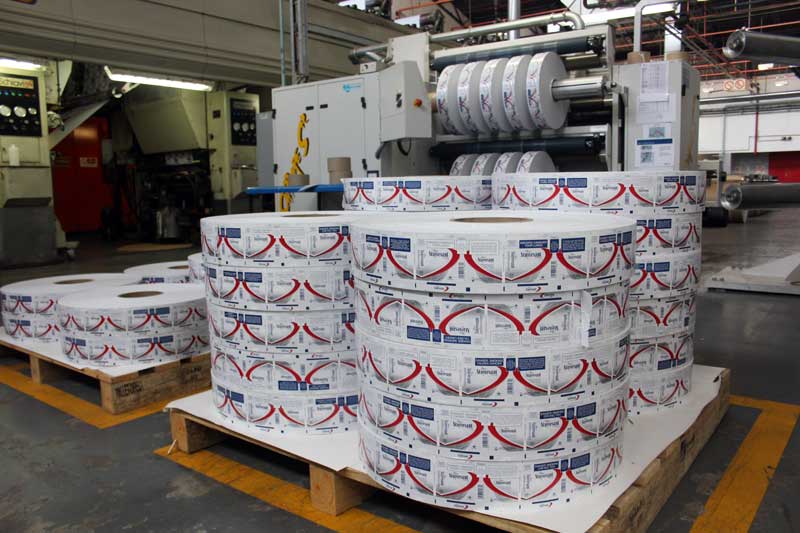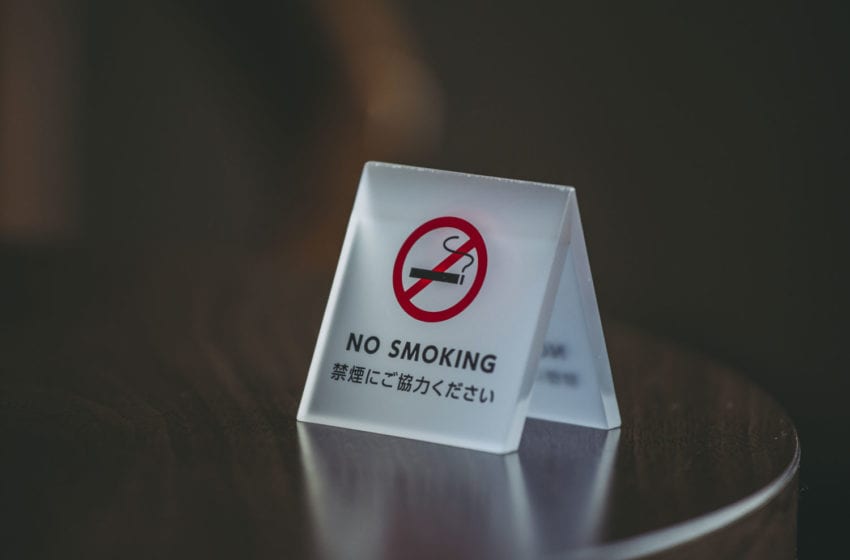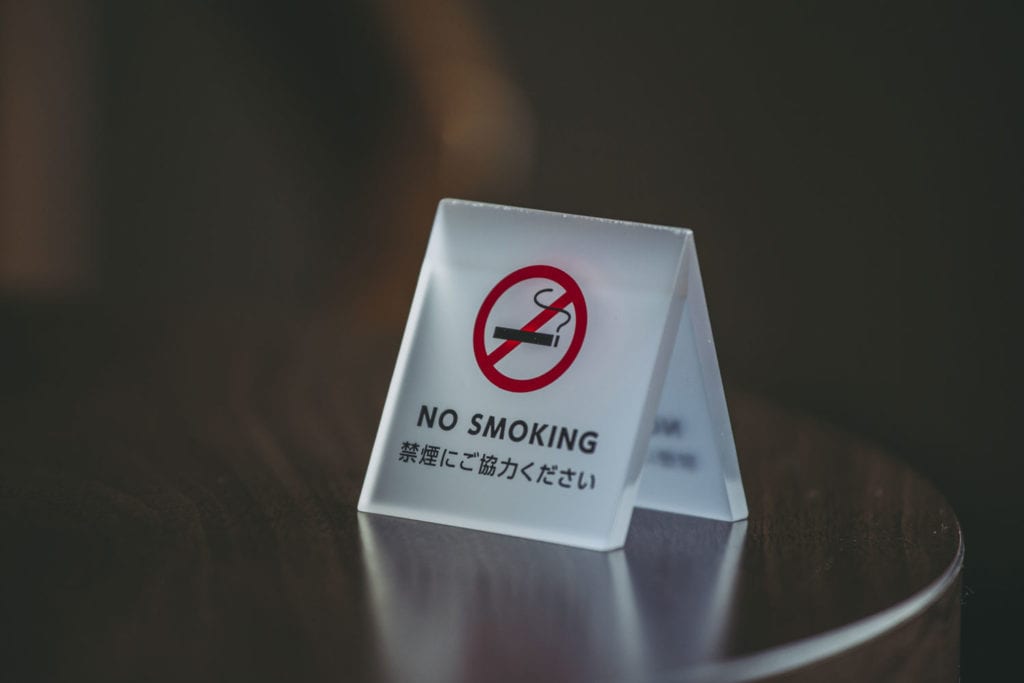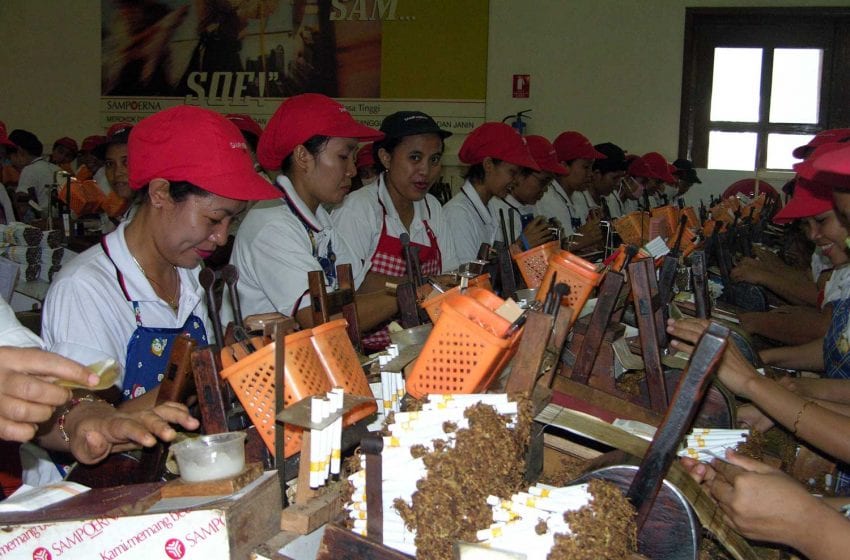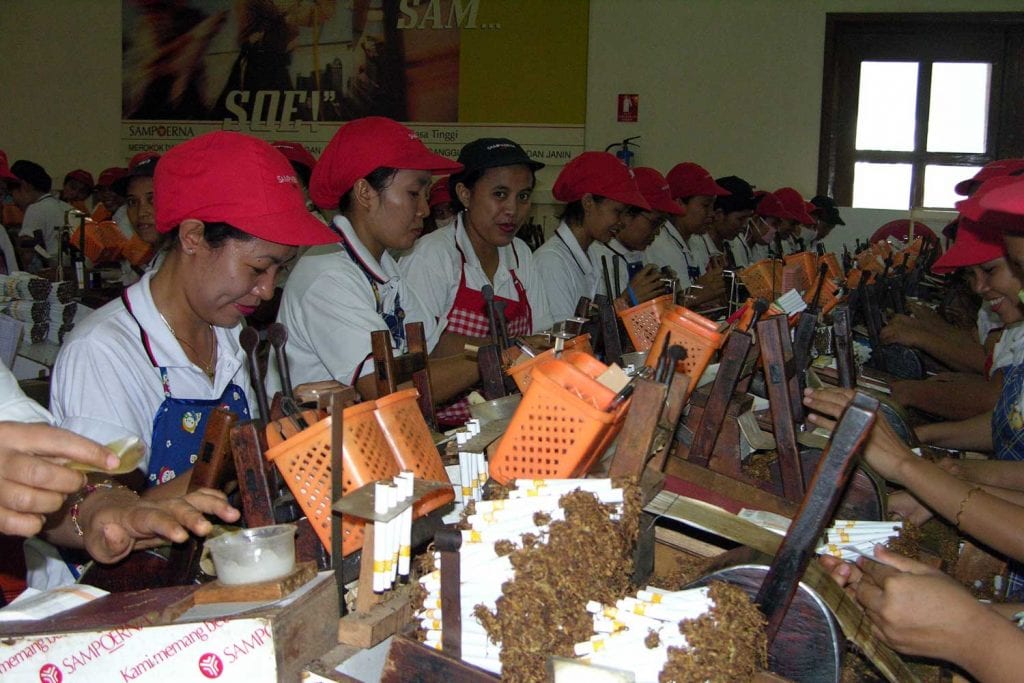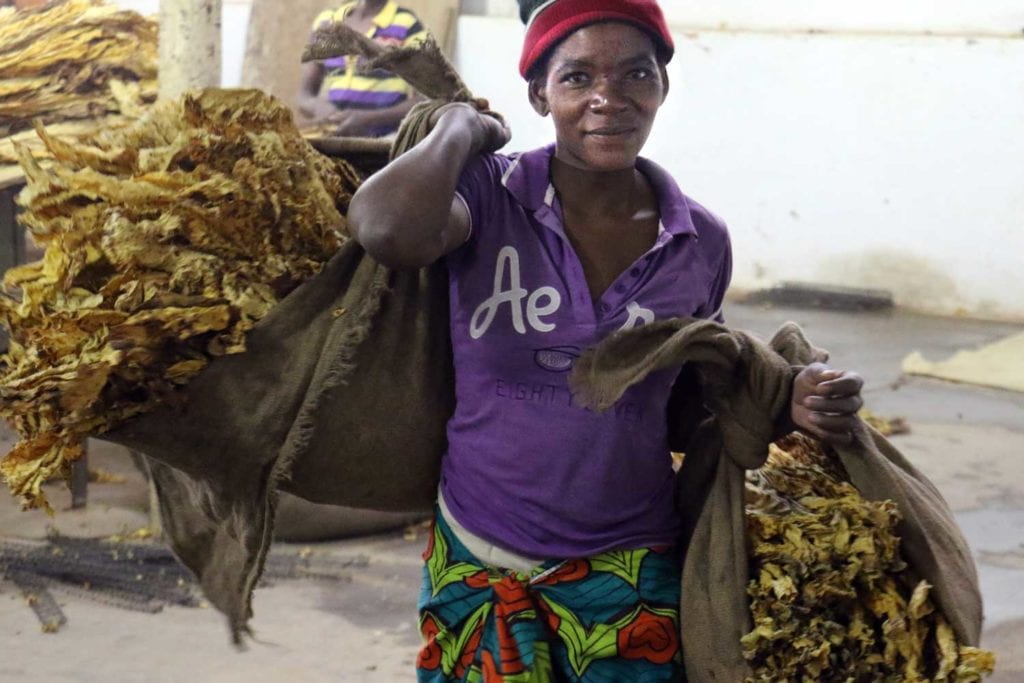
The Tobacco Industry and Marketing Board (TIMB) in Zimbabwe has begun a campaign to expose middlemen in the illegal tobacco trade.
These middlemen are said to be traveling to farms where they are offering low prices for tobacco in return for instant payments. According to NewsDay, the middlemen have been working with officers at the tobacco auction floors to sell the leaf at huge margins.
Most of Zimbabwe’s tobacco is produced by small-scale communal farmers who are poorly funded. Ninety-five percent of the tobacco sold through “side marketing” would have been grown under contract with registered financiers.
“We are quite happy about this initiative by TIMB,” said Shadreck Makombe, president of the Zimbabwe Commercial Farmers Union. “As we do away with side marketing, we are bringing in business ethics. We are now conducting business on professional grounds, which is a good development. Even investors will start to have confidence when they want to invest their money. They know that it is secure.”
“This initiative is noble,” he said. “We are encouraging farmers not to be enticed by unscrupulous buyers. If they continuously get arrested and sanctioned in such a manner, side marketing can be limited and probably completely eliminated.”
“For the 2021 tobacco marketing season, the TIMB has embarked on an exercise to name and shame illegal buyers and sellers of tobacco,” said Chelesani Moyo, TIMB spokesperson. “The aim of this exercise is to discourage repeat offending and deter would-be illegal buyers and sellers. So far, 85 illegal buyers and sellers have been fined.”

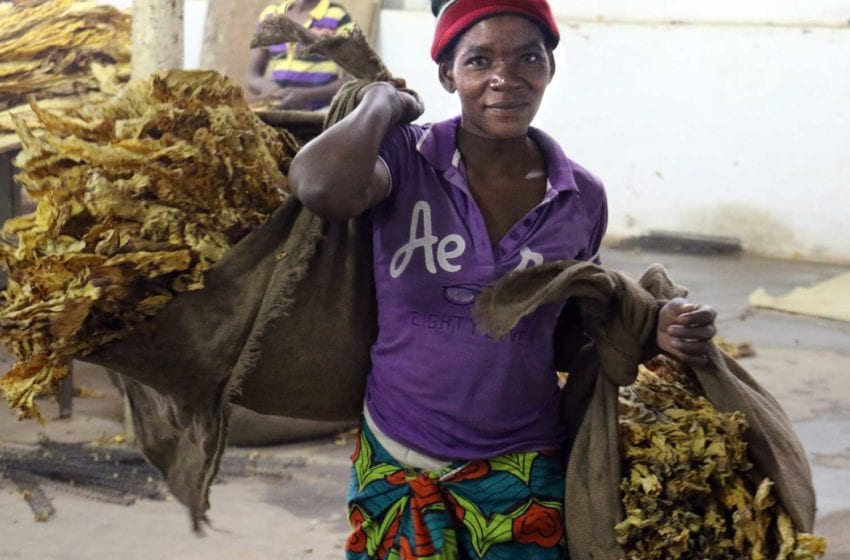








 An international law enforcement operation coordinated by Europol and Eurojust with the involvement of three countries has resulted in the arrest of 12 suspects, including the masterminds, belonging to a Russian-speaking organized crime group involved in the illegal cigarette trade. The arrests took place in Belgium and France and included the leaders of the criminal organization.
An international law enforcement operation coordinated by Europol and Eurojust with the involvement of three countries has resulted in the arrest of 12 suspects, including the masterminds, belonging to a Russian-speaking organized crime group involved in the illegal cigarette trade. The arrests took place in Belgium and France and included the leaders of the criminal organization.